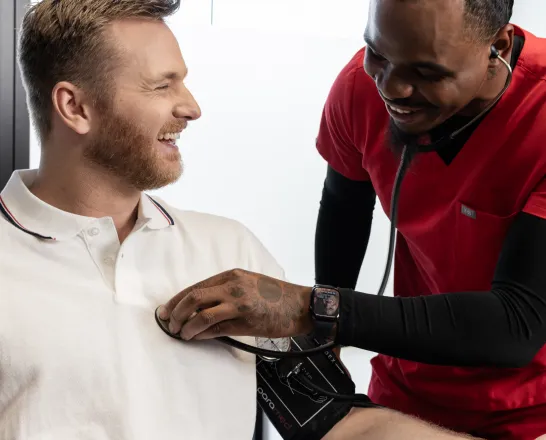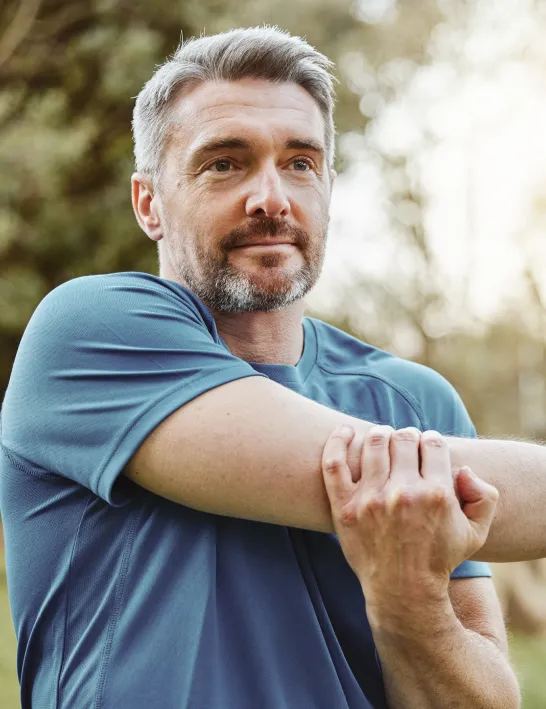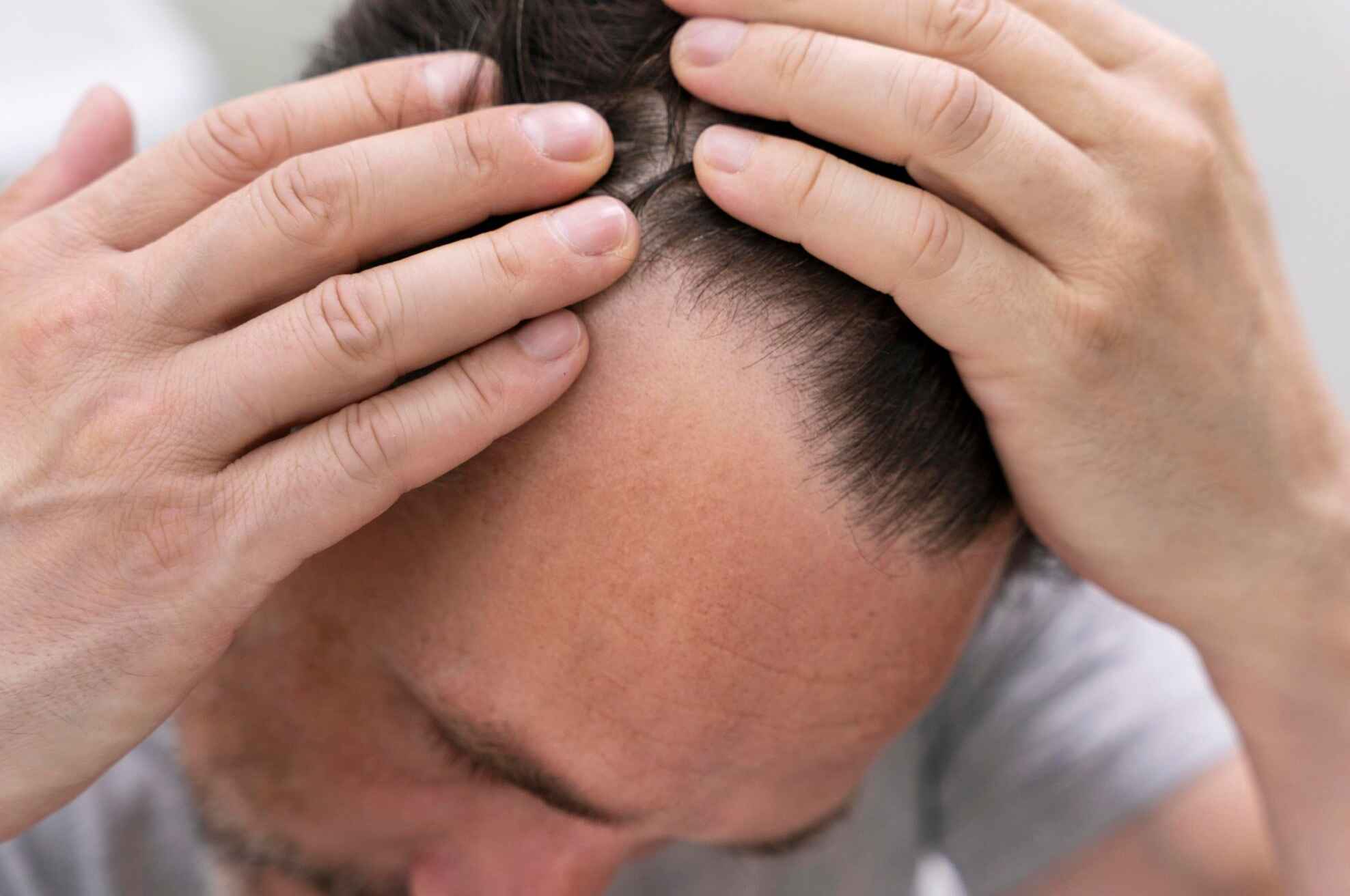As seen on








We specialize in:

Personalized testosterone therapy to restore strength, drive, and vitality for men of all ages.
Services Offered: Testosterone Cypionate Injections, Pellet Therapy, Clomid Therapy, Oral TRT, Enclomiphene

Non-invasive and effective solutions to help men overcome ED and restore sexual confidence.
Services Offered: P-Shot, Trimix, Viagra and Cialis, Pt-141

Doctor-guided weight loss solutions designed to help men lose fat, preserve muscle, and boost energy
Services Offered: GLP-1 Therapy, Mic-Lipotropic Injections, Phentermine, NAD+

Boost energy, recovery, and performance with powerful peptide and vitamin-based treatments.
Services Offered: Sermorelin, HGH, B-Complex, MIC Lipotropic, B12 Injections, Glutathione, Vitamin C
Common Health Concerns Men Face:
These symptoms often overlap and may stem from hormonal imbalances, lifestyle shifts, or age-related changes; our team helps pinpoint the cause and create a personalized path forward.

At Gameday, our personalized men’s health plans are built to help you feel sharper, stronger, and fully in control of your health.
What You Can Expect from Gameday’s Tailored Men’s Health Plans:
Whether you’re fighting fatigue or chasing peak performance, our personalized men’s health treatments are designed to help you feel sharper, stronger, and more like yourself.


Get fast appointments, same-day lab results, and judgment-free care in a clinic built exclusively for men. At Gameday, you’ll be heard, respected, and supported by a team focused on real results.

LOCAL HISTORY & COMMUNITY IMPACT

Results can happen in just weeks. Our team is here to support your journey with education, encouragement, and clinical excellence.



